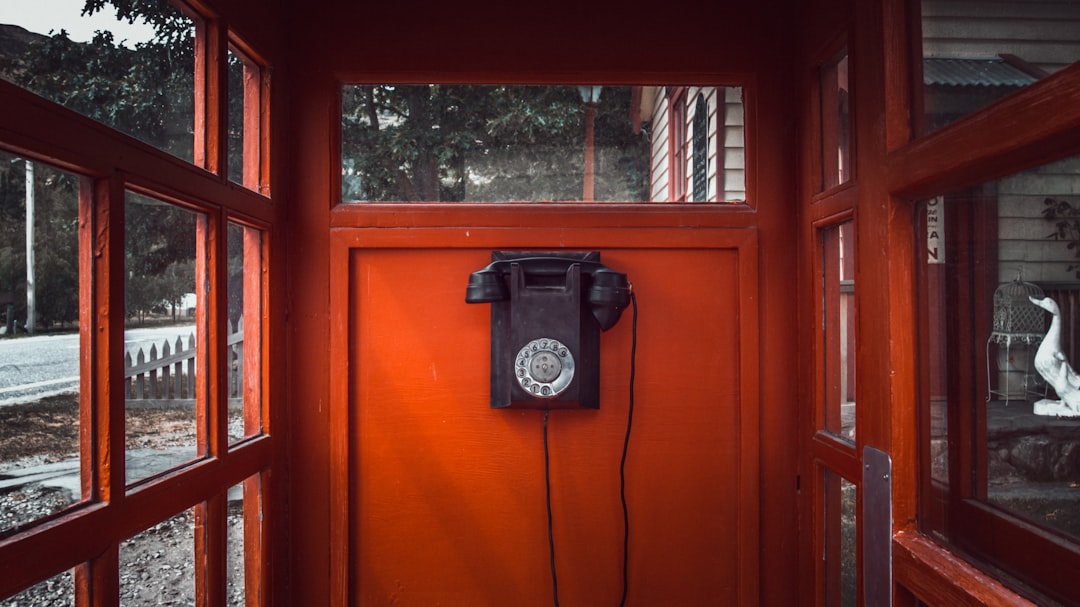Idaho's strong robocall laws empower residents to control unwanted marketing calls through prior consent requirements. Call-blocking apps are popular for reducing nuisance calls, though they have mixed results. Advanced apps with features like whitelisting offer enhanced accuracy and privacy protections. By combining app technology and legal measures, Idahoans can minimize disruptions from robocalls, fostering a peaceful communication environment.
In Idaho, as across the nation, robocalls remain a persistent nuisance. Understanding state robocall laws is the first step in reclaiming control of your phone lines. This article delves into Idaho’s legal framework surrounding these automated calls and explores consumer experiences with call blocking apps. We examine top-rated options tailored to Idaho residents and provide effective strategies to mitigate unwanted calls. Additionally, we discuss the broader impact of robocalls on local communities.
Understanding Robocall Laws in Idaho

In the state of Idaho, robocall laws are designed to protect consumers from unsolicited telephone marketing calls. These regulations govern how businesses can contact residents via phone, emphasizing consent and privacy. The Telemarketing Act of 2003 sets guidelines for telemarketers, ensuring that calls are made only with the prior written or oral consent of the consumer. This means that Idahoans have control over their phone numbers and can restrict unwanted robocalls effectively.
Compliance with these robocall laws is crucial for businesses to avoid penalties. Consumers in Idaho can take action against violators by filing complaints with the state’s attorney general’s office. Understanding their rights under these regulations empowers residents to protect themselves from nuisance calls, contributing to a more peaceful and less intrusive communication environment.
Consumer Experiences with Call Blocking Apps

In the age of relentless robocalls, many Idaho consumers have turned to call-blocking applications as a solution. These apps, designed to identify and block unwanted calls, have received mixed reviews from users across the state. Some customers praise their effectiveness in significantly reducing the number of nuisance calls, especially those related to telemarketing and political campaigns. They appreciate the convenience of having a digital barrier against these persistent callers.
However, not all experiences are positive. A few consumers report false positives, where legitimate calls from friends or family members are mistakenly blocked. This has prompted some users to explore additional features that allow for whitelisting or customizing blocking rules. Despite these challenges, many remain satisfied with the overall performance of call-blocking apps, especially in light of Idaho’s robocall laws, which offer protections against unauthorized automated calls.
Top-Rated Apps for Idaho Residents

In the battle against unwanted robocalls, Idaho residents have several powerful tools at their disposal in the form of top-rated call blocking applications. With robust features designed to comply with Idaho’s robocall laws, these apps offer a simple and effective solution for managing intrusive phone calls.
Some of the most highly regarded options include apps known for their advanced filtering capabilities, accurate call identification, and user-friendly interfaces. These tools not only block spam calls but also provide insights into calling patterns, allowing users to stay informed and in control. By utilizing these applications, Idaho consumers can take advantage of enhanced privacy protections and enjoy a quieter, more peaceful communication experience.
Effective Strategies to Stop Unwanted Calls

In today’s digital era, unwanted robocalls have become a prevalent nuisance, but consumers in Idaho have several effective strategies to combat this issue. One of the most popular methods is installing robust robocall-blocking applications that utilize advanced algorithms and databases to identify and block automated calls. These apps learn from user feedback and continuously update their blocking lists, ensuring a more comprehensive defense against telemarketing intrusions.
Additionally, consumers can take advantage of Idaho’s robocall laws, which provide certain protections. Reporting nuisance calls to the Federal Trade Commission (FTC) is another powerful tool; the FTC takes these complaints seriously and uses them to investigate and penalize offenders. By combining cutting-edge technology with legal safeguards, Idaho residents can reclaim their peace of mind and enjoy fewer interruptions from unwanted robocalls.
Impact of Robocalls on Idaho Communities

In Idaho, as in many parts of the country, robocalls have become a ubiquitous and often unwanted part of daily life. These automated phone calls, often used for marketing purposes, can disrupt personal and professional routines, leaving many residents frustrated. The sheer volume of robocalls can be overwhelming, with some communities reporting significant increases in these unwanted communications. This has led to a growing awareness and demand for effective solutions, particularly among consumers seeking relief from the constant barrage of automated calls.
The impact of robocalls extends beyond individual annoyance. They can disrupt local economies and foster a sense of distrust among community members. Many Idahoans feel that their privacy is invaded, leading to concerns about data security and personal information exposure. In response, Idaho’s consumer protection laws have started to address the issue, reflecting the state’s commitment to protecting its residents from these intrusive practices. This shift in legislation underscores the collective effort to curb robocalls and create a more peaceful and private communications environment for all Idaho communities.






